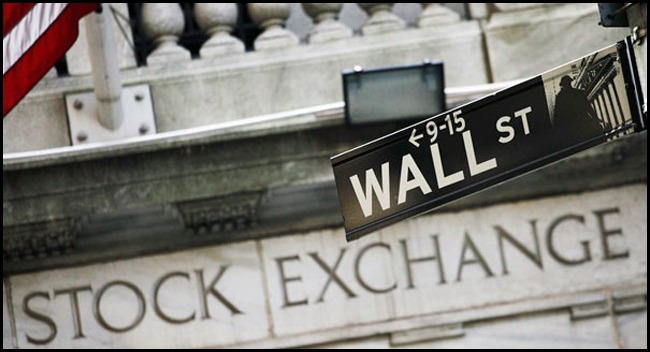Whistleblower Law Protecting Employees in Banking and Financial Services
OSHA has issued final rules implementing the whistleblower protection provision of the Consumer Financial Protection Act (CFPA). Enacted as Section 1057 of the Dodd-Frank Act, the CFPA’s whistleblower protection provision provides robust protection to employees who disclose fraud related to consumer financial protection services. This post summarizes those rules.
The whistleblower lawyers at Zuckerman Law, a Washington DC firm representing whistleblowers nationwide, have extensive experience representing whistleblowers in the financial services industry, including whistleblowers who worked at JP Morgan Chase, Wells Fargo, Bank of America, Deutsche Bank, HSBC, and other financial institutions and hedge funds.
If you are seeking representation in a CFPA whistleblower retaliation case, click here, or call us at 202-262-8959 to schedule a free preliminary consultation.
Banking/Financial Services Whistleblowers Covered by the Consumer Financial Protection Whistleblower Protection Law
The term “covered employee” means “any individual performing tasks related to the offering or provision of a consumer financial product or service.” The CFPA defines a “consumer financial product or service” to include “a wide variety of financial products or services offered or provided for use by consumers primarily for personal, family, or household purposes, and certain financial products or services that are delivered, offered, or provided in connection with a consumer financial product or service . . . Examples of these include . .. residential mortgage origination, lending, brokerage and servicing, and related products and services such as mortgage loan modification and foreclosure relief; student loans; payday loans; and other financial services such as debt collection, credit reporting, credit cards and related activities, money transmitting, check cashing and related activities, prepaid cards, and debt relief services.”
Broad Scope of CFPA Protected Whistleblowing
The CFPA protects disclosures made to an employer, to the Consumer Financial Protection Bureau, or any State, local, or Federal, government authority or law enforcement agency concerning any act or omission that the employee reasonably believes to be a violation of any CFPB regulation or any other consumer financial protection law that the Bureau enforces. This includes several federal laws regulating “unfair, deceptive, or abusive practices . . . related to the provision of consumer financial products or services.”
Prohibited Acts of Retaliation Against Banking Whistleblowers
The CFPA whistleblower law proscribes a broad range of adverse employment actions, including terminating, “intimidating, threatening, restraining, coercing, blacklisting or disciplining, any covered employee or any authorized representative of covered employees” because of the employee’s protected whistleblowing.
Favorable Burden of Proof for Banking Whistleblowers
To prevail under a CFPA whistleblower claim, the whistleblower need only prove that his or her protected conduct was a contributing factor in the adverse employment action, i.e., that the protected activity, alone or in combination with other factors, affected in some way the outcome of the employer’s decision.
OSHA Investigates Banking/Financial Services Whistleblower Retaliation Complaints
CFPA complaints are filed with OSHA, and the statute of limitations is 180 days from the date when the alleged violation occurs, which is the date on which the retaliatory decision has been both made and communicated to the whistleblower.
The complaint need not be in any particular form and can be filed orally with OSHA. A CFPA complaint need not meet the stringent pleading requirements that apply in federal court, and instead the administrative complaint “simply alerts OSHA to the existence of the alleged retaliation and the complainant’s desire that OSHA investigate the complaint.” If the complaint alleges each element of a CFPA whistleblower retaliation claim and the employer does not show by clear and convincing that it would have taken the same action in the absence of the alleged protected activity, OSHA will conduct an investigation.
OSHA investigates CFPA complaints to determine whether there is reasonable cause to believe that protected activity was a contributing factor in the alleged adverse action. If OSHA finds a violation, it can order reinstatement of the whistleblower and other relief.
Protecting Banking Whistleblower Witness Confidentiality
The rule setting forth the procedures for investigating CFPA whistleblower claims clarifies that OSHA will conduct investigations in a manner “that protects the confidentiality of any person who provides information on a confidential basis, other than the complainant . . .” This rule is important for whistleblowers because often employees fear retaliation if they provide information to OSHA that is unfavorable to the employer.
Option to Remove Banking Whistleblower Complaint to Federal Court
The CFPA authorizes a whistleblower to file an action in federal court if there has been no final decision by DOL within 210 days after the date of the filing of the complaint, or within 90 days after the date of receipt of a written determination.
Examples of CFPA Protected Whistleblowing
Examples of CFPA protected conduct include raising concerns about:
- Failing to comply with CMS-IT procedures designed to assess supervised institutions’ use of IT and associated IT controls that support consumer financial products and services.
-
Mortgage servicers engaging in unfair acts or practices by overcharging consumers for services rendered by a service provider or collecting or attempting to collect fees in excess of the expenses actually incurred.
- Mortgage servicers failing to terminate preauthorized EFTs resulting in repeated NSF fees for failed preauthorized EFTs where the consumer’s account was closed.
- Using any false representation or deceptive means to collect or attempt to collect any debt (a violation of Section 807(10) of the FDCPA). This includes a debt collectors discussing restarting a payment plan with consumers and represented that improvements to the consumers’ creditworthiness would occur upon final payment under the plan and deletion of the tradeline.
- Failing to honor stop-payment requests received either orally or in writing at least three business days before the scheduled date of the transfer.
- Any act or practice is unfair under Sections 1031 and 1036 of the CFPA when: (1) it causes or is likely to cause substantial injury; (2) the injury is not reasonably avoidable by consumers; and (3) the substantial injury is not outweighed by countervailing benefits to consumers or to competition.
-
Creditors violating the provisions of Regulation Z, such as:
• 12 C.F.R. § 1026.13(c)(2) by failing to resolve a dispute within two complete billing cycles after receiving a billing error notice regarding the failure to credit a payment that the consumer made;
• 12 C.F.R. § 1026.13(e)(1) by failing to reimburse a consumer for a late fee after the creditor determined a missing payment had not been credited to the consumer’s account, as the consumer had asserted; and
• 12 C.F.R. § 1026.13(f) by failing to conduct reasonable investigations after receiving billing error notices related to a missing payment and unauthorized transactions.
SOX Whistleblower Protection for Banking/Financial Services Employees
The SOX whistleblower protection law provides robust protections for employees in the financial services industry. The SOX whistleblower lawyers at Zuckerman Law have more than a decade of experience representing whistleblowers at several of the largest financial institutions in whistleblower claims under SOX, FIRREA, Dodd-Frank, and other whistleblower protection and whistleblower rewards laws.
Drawing on substantial experience representing corporate whistleblowers in SOX whistleblower cases, we have published a free guide to SOX titled Sarbanes-Oxley Whistleblower Protection: Robust Protection for Corporate Whistleblowers:
Experienced and Effective Financial Services/Banking Whistleblower Protection Lawyers
Before hiring a lawyer for a high-stakes whistleblower case, assess the lawyer’s reputation, prior experience representing whistleblowers, knowledge of whistleblower laws and prior results. And consider the experience of other whistleblowers working with that attorney. We have extensive experience representing whistleblowers under a wide variety of corporate whistleblower protection laws. See our client testimonials by clicking here.
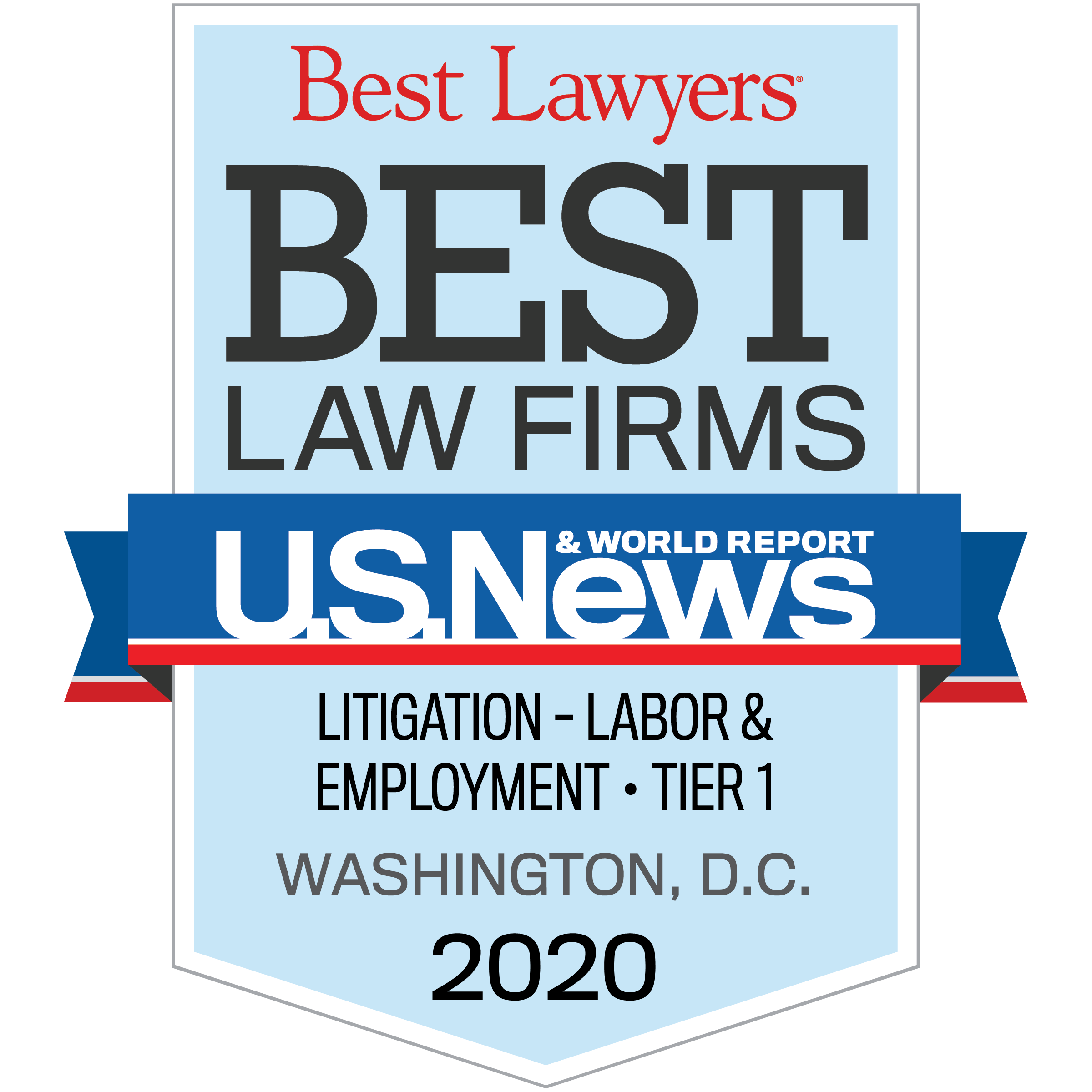
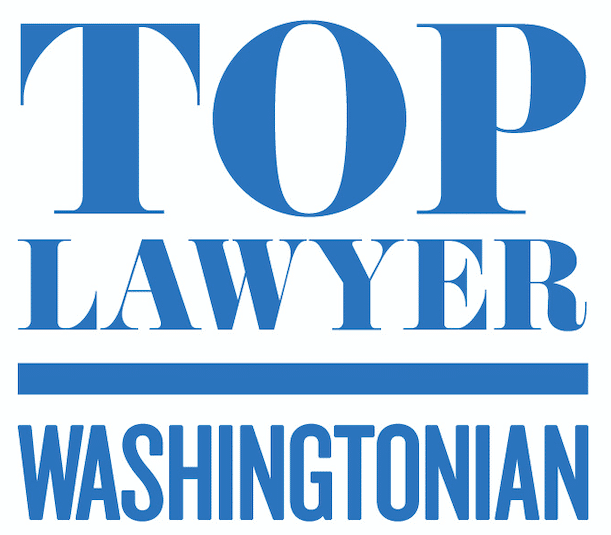
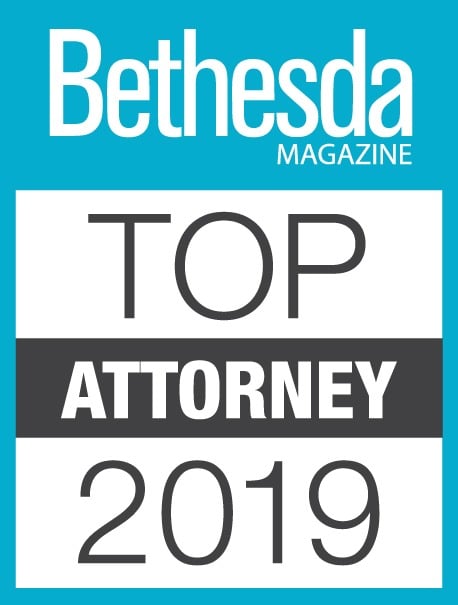
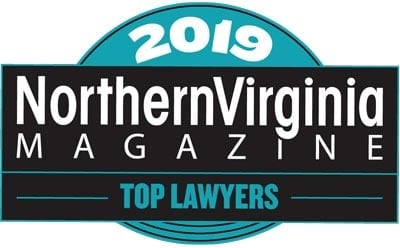
U.S. News and Best Lawyers® have named Zuckerman Law a Tier 1 firm in Litigation – Labor and Employment in the Washington DC metropolitan area.
To learn more about whistleblower rewards or whistleblower protections, call the whistleblower lawyers at Zuckerman Law for a free consultation at 202-262-8959, or click here.
And for information about the SEC’s Whistleblower Reward Program, download our free ebook SEC Whistleblower Program: Tips from SEC Whistleblower Attorneys to Maximize an SEC Whistleblower Award.

